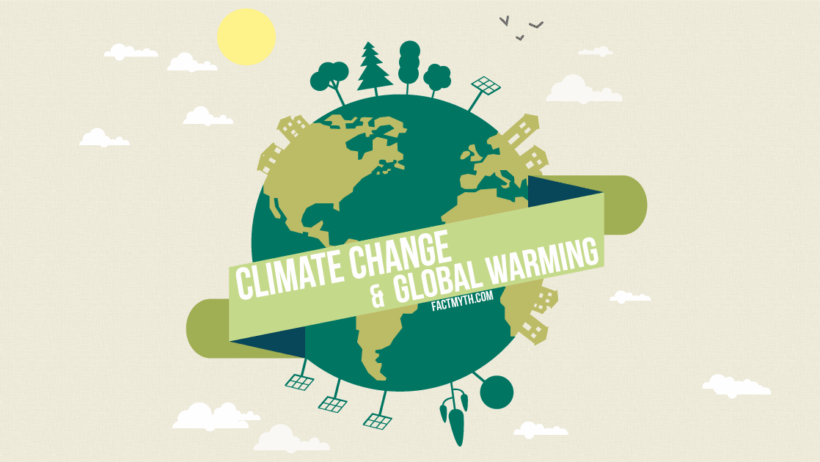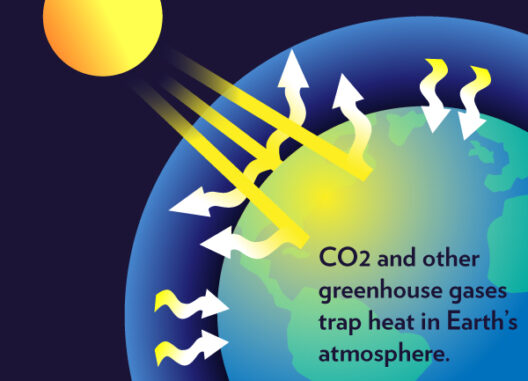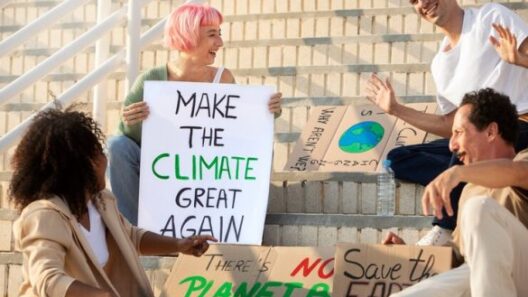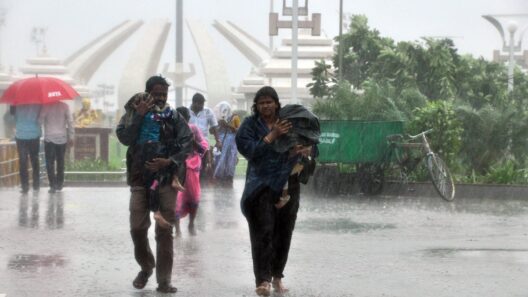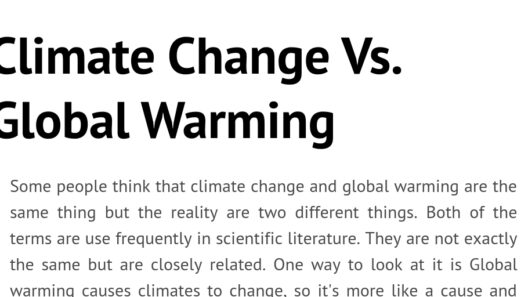Understanding the distinction between climate change and global warming is essential in fostering a comprehensive grasp of the environmental challenges we face today. While the terms are frequently used interchangeably in popular discourse, they represent two different phenomena that are intricately linked yet distinct in their implications. This article aims to elucidate these differences, ensuring a more profound appreciation of each concept and their impacts on our planet.
At first glance, the terms may seem synonymous, yet delving deeper reveals a nuanced disparity. Global warming refers specifically to the long-term rise in Earth’s average surface temperature due primarily to human activities, especially the emission of greenhouse gases like carbon dioxide and methane. These gases trap heat in the atmosphere, leading to a rise in temperature. Climate change, on the other hand, encompasses the broader range of changes that occur in weather patterns and atmospheric conditions over a period of time, which can include shifts in precipitation, alterations in wind patterns, and more extreme weather phenomena. Hence, global warming can be considered a subset of climate change.
To instill clarity, consider the following sections that dissect the elements, implications, and broader context surrounding these vital environmental terms.
The Core Definitions
At its essence, global warming denotes the increase in global average temperatures linked to heightened levels of greenhouse gases. This phenomenon has been extensively documented, with notable temperature rise recorded since the Industrial Revolution, primarily owing to the combustion of fossil fuels, deforestation, and industrial processes. The overwhelming consensus among climate scientists underscores that the planet’s temperature has increased by approximately 1.2 degrees Celsius since the late 19th century. This warming trend is critical, as even slight increases can result in profound consequences for ecosystems, sea levels, and weather patterns.
Conversely, climate change refers to the myriad ways in which our planet is undergoing transformation due to both natural cycles and human activities. This includes rising sea levels, dwindling polar ice, altered precipitation patterns, and the increasing frequency of extreme weather events like hurricanes and droughts. Climate change can arise from various sources, including volcanic eruptions and solar variations, in addition to anthropogenic factors. Thus, while global warming focuses on temperature, climate change encompasses a broader array of environmental alterations.
Causes and Contributions
The driving forces behind global warming are decidedly anthropogenic, with human activities being the primary catalyst. Industrialization, urbanization, and agricultural practices contribute significantly to greenhouse gas emissions. The burning of coal, oil, and natural gases releases copious amounts of carbon dioxide into the atmosphere, creating an insulating blanket that hinders heat from escaping into space. Deforestation further exacerbates the issue, as trees play a crucial role in absorbing carbon dioxide.
Climate change, while influenced significantly by these human actions, also derives from natural processes. Earth has experienced fluctuations in its climate over millions of years, but the rapid changes currently observable are distinctly linked to anthropogenic actions. Factors such as land-use changes, deforestation, and agriculture contribute to the more significant patterns of climate change, imposing a heavy burden on natural systems and biodiversity.
Consequences of Global Warming
The repercussions of global warming are diverse and far-reaching, affecting not just the environment but also human health, economies, and social structures. Rising temperatures precipitate the melting of glaciers and polar ice, which leads to rising sea levels. This phenomenon poses an existential threat to coastal communities, increasing the frequency of floods and threatening freshwater supplies as saltwater infiltrates aquifers.
Additionally, global warming exacerbates extreme weather events, contributing to more intense hurricanes, prolonged droughts, and record heatwaves. This interferes with agricultural productivity and compromises food security, prompting a domino effect that could destabilize economies and social cohesion.
Broader Impacts of Climate Change
Beyond the immediate effects associated with global warming, the ramifications of climate change extend to broader ecological and societal dimensions. Ecosystems are increasingly under threat as species struggle to adapt to shifting climates, leading to biodiversity loss. Coral reefs, for example, are acutely vulnerable, with bleaching events caused by warmer waters jeopardizing marine life and livelihoods dependent on these rich ecosystems.
Human health is similarly at risk, as increased temperatures can lead to heat-related illnesses, the spread of infectious diseases, and worsened air quality due to higher ozone levels. This underscores the imperative nature of addressing climate change holistically, considering the interconnections between environmental health, human well-being, and global stability.
In Conclusion
In summation, while global warming and climate change are interconnected, each term signifies different aspects of our evolving environmental landscape. Understanding this distinction is paramount for effective dialogue and action. Addressing global warming through reducing greenhouse gas emissions is a critical component of combating climate change, but a multifaceted approach is necessary to tackle the broader environmental shifts at play. Advocating for sustainability, championing renewable energy sources, and promoting conservation efforts are foundational steps we must take collectively. As stewards of our planet, it is incumbent upon us to engage with these concepts not just as scientific terms but as overarching narratives that will define the future of humanity and the Earth.


